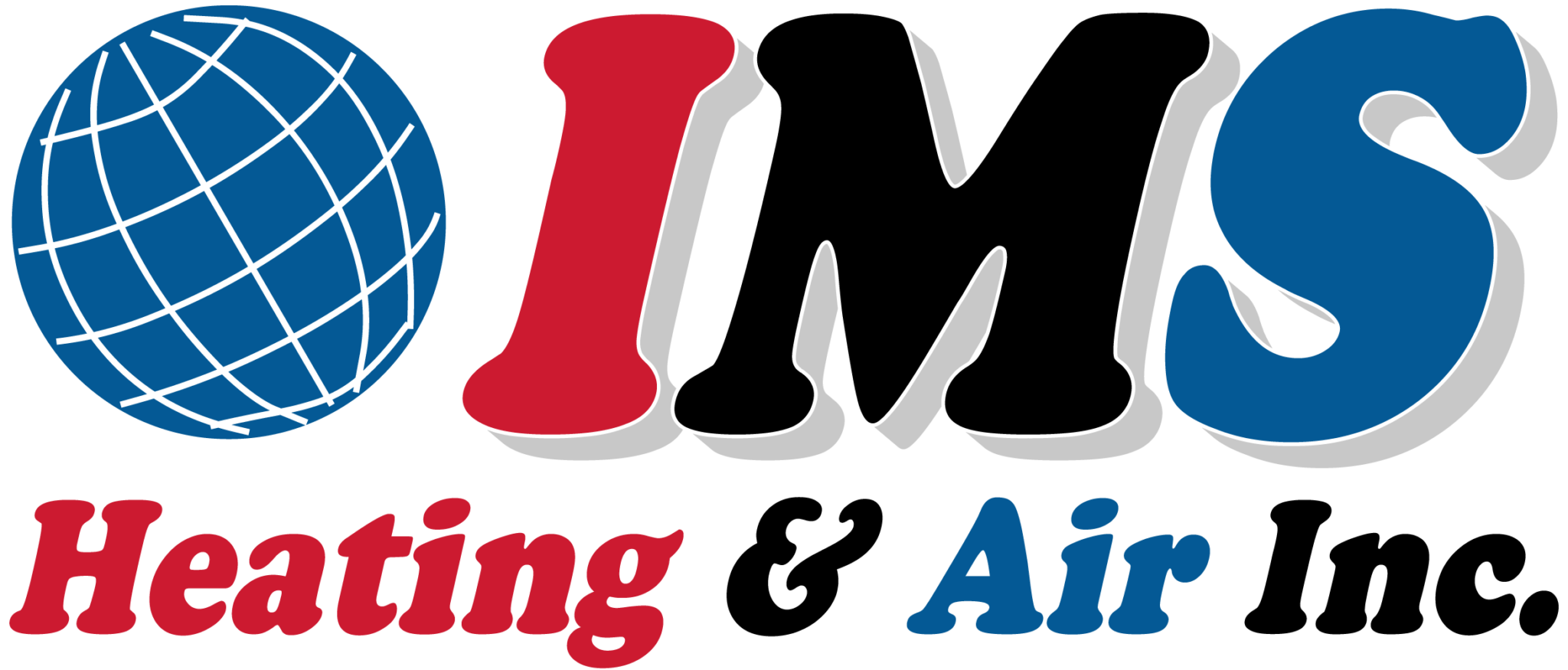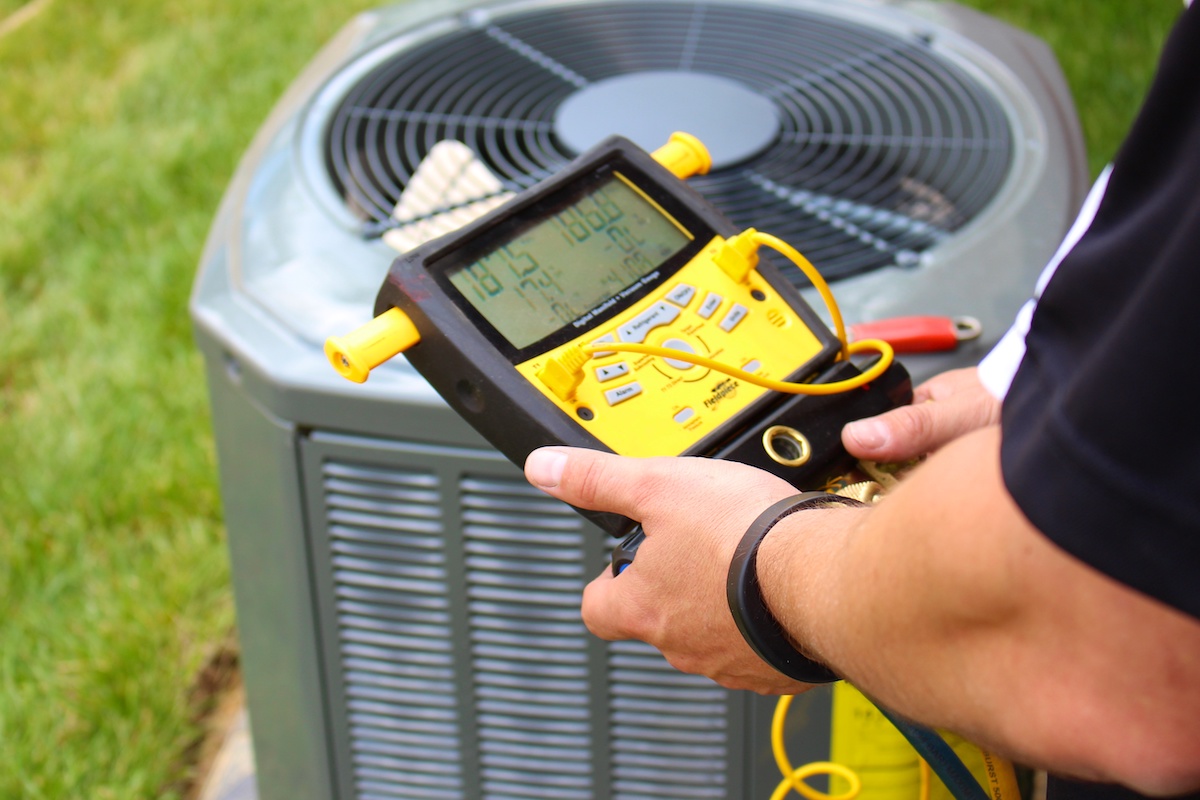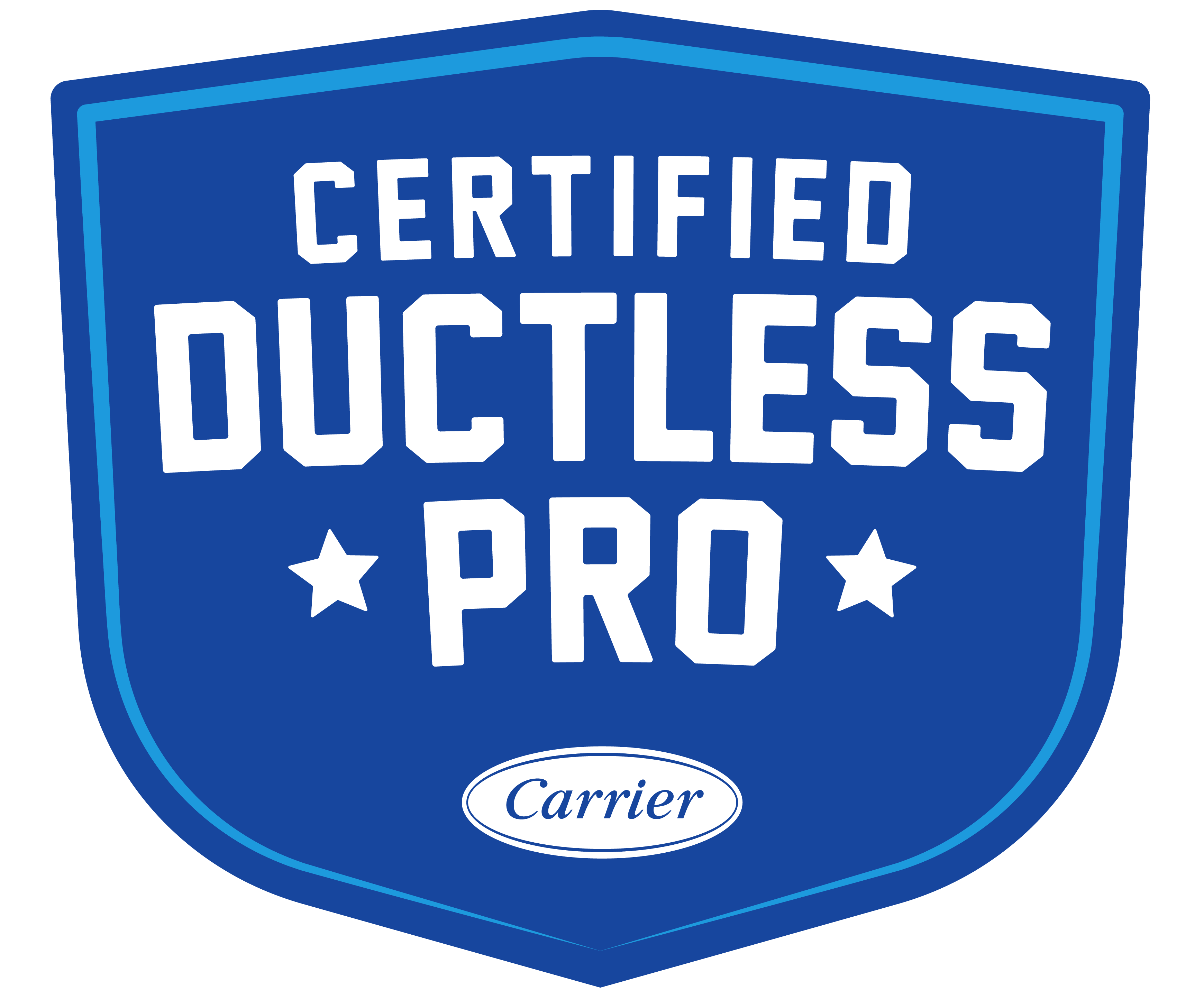When buying an air conditioner, you must consider several factors, such as energy efficiency ratings, cost, and comfort. Size is crucial during AC installation as it affects how comfortable your home is and how efficient the AC system operates. Read on to learn more about AC unit sizing.
The Problem With an Oversized AC Unit
Many assume that a large AC unit cools the home faster, but an oversized AC unit causes various issues, including high humidity. An AC system serves two functions in an indoor area: to cool the space and remove moisture. Your unit must operate in normal-length cycles to complete the latter function.
An oversized AC unit quickly cools your home to the desired temperature, shuts off, and turns on quickly. This process is called short-cycling and is bad for your home’s comfort. Essentially, an oversized unit doesn’t run for too long to dehumidify your house, resulting in a humid interior.
Short cycling also causes premature wear and tear, and the repair costs quickly add up. You will need to replace your AC system sooner than expected, further straining your pocket.
What’s the Issue With an Undersized AC Unit?
If your air conditioner doesn’t adequately cool your home, it may be too small for your house. An air conditioning system cools the air in your home until it reaches the desired temperature set on the thermostat. However, an undersized AC unit lacks the capacity to cool the warm air in your home to the predetermined degree.
The air conditioner cycles continually to reach the desired temperature, resulting in high energy bills. A huge spike in your energy bills during summer likely indicates an undersized air conditioner.
Understanding British Thermal Units
When you shop for an air conditioner, you regularly come across British Thermal Units (BTU). This term expresses a unit’s cooling capacity, which is how much energy an air conditioner consumes to remove heat from your house in an hour. So, an air conditioner with 14,000 BTUs absorbs 14,000 British Thermal Units of heat from your home every hour.
AC tonnage also helps you determine the right AC size, where one tonnage equals 12,000 BTU. This means that a 2-ton unit has a 24,000-cooling capacity while a 3-ton system has a 36,000 BTU. Most residential AC systems range between 1.5 to 5 tons.
Professional Sizing
An HVAC technician considers many factors when they select the right-sized AC unit for your home, such as:
House Size and Shape
Your home’s square footage is an essential factor, but an HVAC expert also accounts for your home’s interior layout and style. For instance, a house with high vaulted ceilings needs an AC unit with a larger cooling capacity than one with standard ceilings. If you want a central AC system to cool your entire home, the HVAC contractor moves from room to room to get accurate measurements.
Insulation
A well-insulated home has fewer cooling needs than an older house with poor insulation. An HVAC expert checks the insulation on the ceilings, walls, and entry door to determine how large your AC unit should be to maintain indoor comfort.
Location
The local climate also affects your home’s cooling requirements. Larger units suit hot and humid areas while houses in cool, dry regions stay comfortable with smaller units. An AC expert also considers factors unique to your property, such as your home’s orientation towards the sun and the number of trees in your yard that block sunlight.
Windows
The type and number of windows reduce or increase AC tonnage requirements. For instance, large, inefficient windows across your home increase energy loss, resulting in high cooling needs. On the other hand, double-pane or triple-pane windows reduce energy loss.
Every home has different cooling needs, and proper sizing is vital to stay comfortable and reduce energy bills. Contact us at IMS Heating & Air to simplify the AC selection process.





